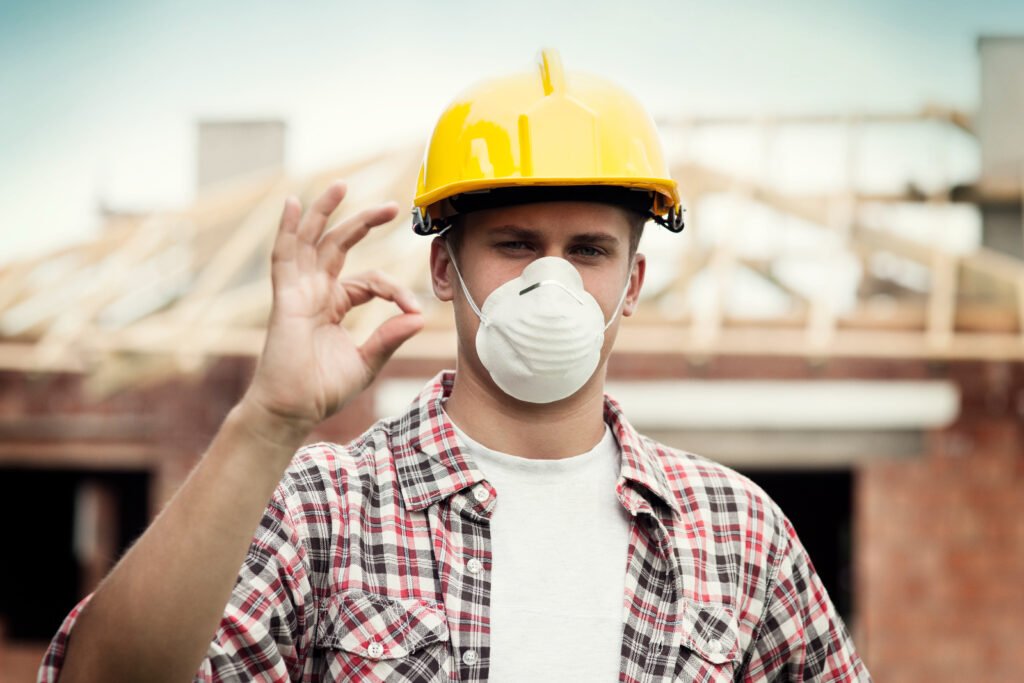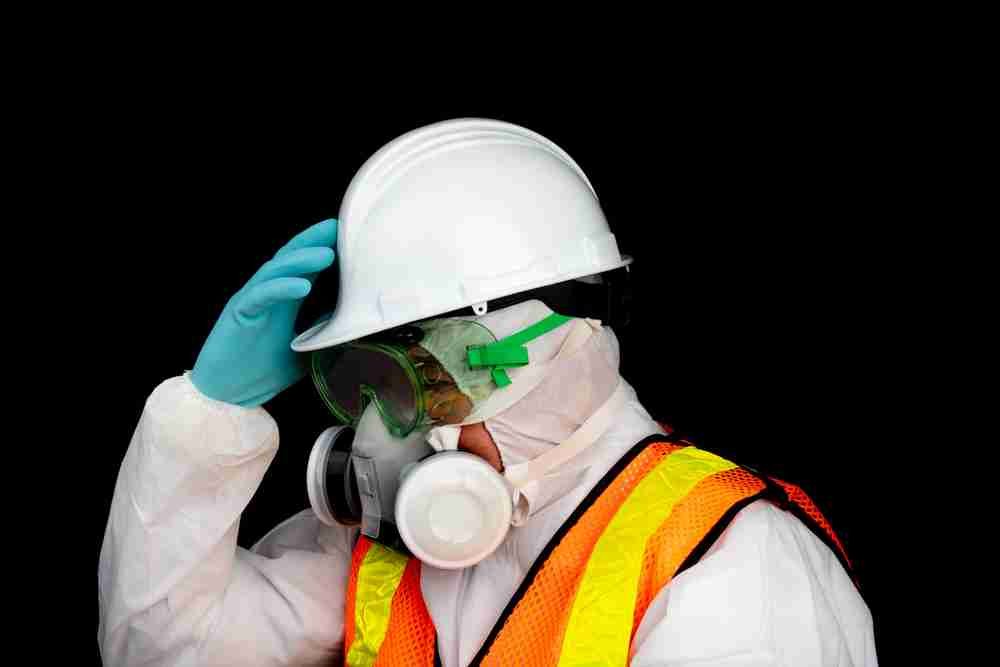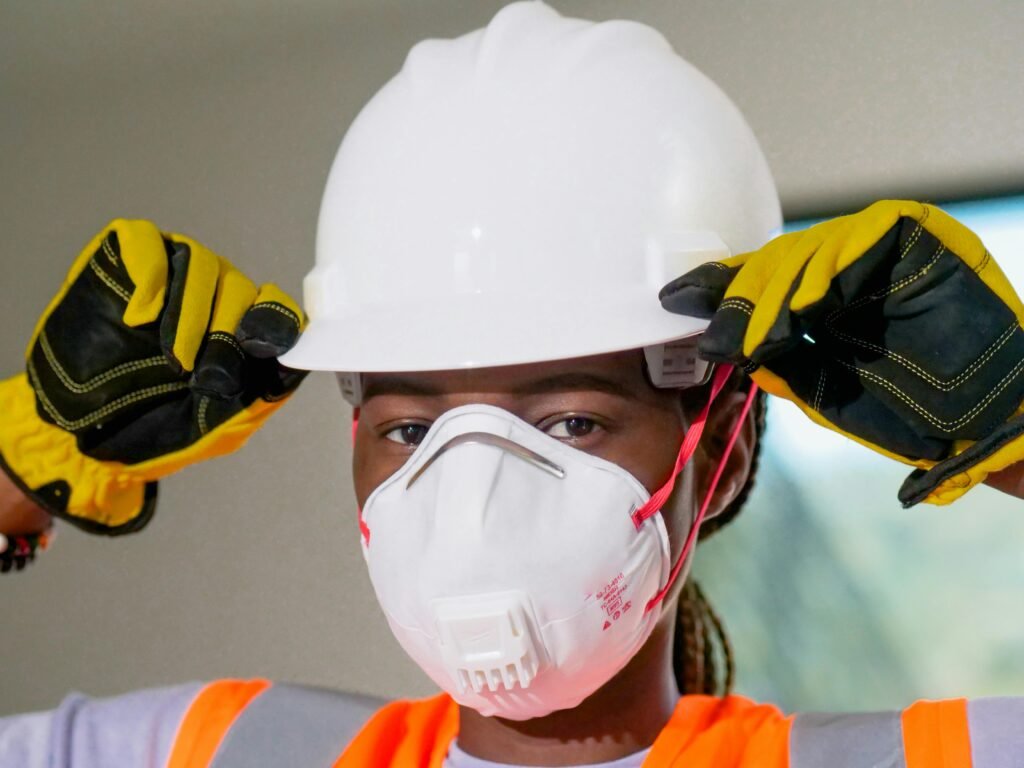Construction sites are inherently hazardous environments where workers are constantly exposed to airborne contaminants such as dust, silica, wood particles, fumes, and other fine particulates. These substances pose serious health risks, including respiratory diseases like silicosis, chronic bronchitis, and even lung cancer. To safeguard their health, construction workers must wear high-quality face masks that offer effective filtration, comfort during long shifts, and durability in demanding conditions. With numerous options available on the market, choosing the best face mask can be overwhelming. This article explores the key features of an ideal respirator for construction work and highlights top recommendations.

Why Respiratory Protection Matters
According to the Occupational Safety and Health Administration (OSHA), millions of construction workers are exposed to hazardous dust and chemicals annually. Silica dust, generated during cutting, grinding, or drilling concrete and stone, is particularly dangerous. Inhaling crystalline silica over time can lead to irreversible lung damage. Similarly, sawdust from woodworking, welding fumes, and vehicle exhaust contribute to poor air quality on job sites.
A well-designed face mask acts as a critical line of defense by filtering out harmful particles before they reach the lungs. However, not all masks are created equal. A standard surgical mask, while useful in medical settings, does not provide adequate protection against construction-related particulates. Instead, workers need a certified respirator designed specifically for industrial use.

Key Features of the Best Face Mask for Construction
- NIOSH Certification
The National Institute for Occupational Safety and Health (NIOSH) certifies respirators based on their filtration efficiency. For construction, N95, R95, P95, or higher-rated masks (such as N100) are recommended. An N95 mask filters at least 95% of airborne particles, including non-oil-based pollutants common in construction. If oil-based fumes are present (e.g., from machinery), a P100-rated respirator offers better protection. - Proper Fit and Seal
Even the most advanced mask is ineffective if it doesn’t fit properly. A tight seal around the nose and mouth prevents unfiltered air from leaking in. Look for models with adjustable nose clips and elastic head straps rather than ear loops, which tend to loosen over time. Some employers require fit testing to ensure compatibility. - Breathability and Comfort
Construction workers often wear masks for extended periods in hot, physically taxing conditions. A mask with low breathing resistance and moisture-wicking inner lining enhances comfort. Exhalation valves are highly beneficial—they reduce heat buildup and make it easier to breathe by releasing warm, moist air. - Durability and Reusability
Disposable masks are cost-effective but may need frequent replacement. Reusable half-face respirators with replaceable filters offer long-term savings and environmental benefits. These models are typically made from durable silicone or rubber and can withstand daily wear and tear. - Compatibility with Other PPE
On construction sites, workers often wear hard hats, safety goggles, and hearing protection. The chosen mask should not interfere with these items. Low-profile designs and flexible straps help maintain compatibility across personal protective equipment (PPE). - Ease of Communication
Some advanced masks include voice transmission technology or clear panels to improve speech clarity—important for teamwork and safety coordination.

Top Recommended Face Masks for Construction Workers
- 3M 8214 N95 Dust Respirator
This NIOSH-approved N95 particulate respirator is lightweight and specifically designed for construction environments. It filters 95% of non-oil-based particles and features a built-in exhalation valve to reduce heat and moisture. The braided head straps ensure a secure fit, making it ideal for long shifts. - Honeywell R-9500 Nuisance-Level Organic Vapor & Particulate Respirator
For jobs involving solvents or paint fumes, this dual-purpose mask combines particle filtration with activated carbon to reduce odors and low-level organic vapors. Its comfortable foam nose pad and soft inner lining enhance wearability. - 3M 7502 Reusable Half-Facepiece Respirator with 2097 P100 Filters
This reusable system provides superior protection with P100 filters that capture 99.97% of airborne particles, including oil-based aerosols. The silicone facepiece ensures a reliable seal and can be cleaned and reused. It’s perfect for heavy-duty tasks like sanding, demolition, or welding. - UVEX Flex-Capital 9330+ Respirator
Known for its ergonomic design, this N95 mask uses a unique flex-fit head harness for consistent pressure distribution. It includes an exhalation valve and meets stringent ANSI standards for durability and performance. - Dewalt DPG Series Powered Air-Purifying Respirator (PAPR)
For extreme environments, Dewalt’s battery-powered hood system delivers continuous filtered airflow. While more expensive, it offers maximum comfort and protection, especially in confined spaces or areas with high contaminant levels. - XIAN WAN LI FFP3 respirator mask Protection class FFP3 respirator masks offer maximum protection from breathing air pollution. The total leakage may amount to a maximum of 5% and they must filter 99% of all particles measuring up to 0.6 μm. This kind of mask also filters poisonous, oncogenic and radioactive particles.
Maintenance and Usage Tips
- Always inspect your mask before each use for tears, damaged straps, or clogged filters.
- Replace disposable masks when they become dirty, damaged, or difficult to breathe through.
- Clean reusable respirators according to manufacturer instructions using mild soap and water.
- Store masks in a clean, dry place away from direct sunlight and contaminants.
- Never share respirators between users.
The best face mask for construction workers balances high filtration efficiency, comfort, durability, and ease of use. Given the severe health risks associated with prolonged exposure to construction dust and fumes, investing in a quality respirator is not just a safety measure—it’s a necessity. Whether opting for a disposable N95 or a reusable P100 system, workers should choose NIOSH-certified products that meet OSHA standards. By prioritizing respiratory protection, construction professionals can perform their jobs safely, efficiently, and with peace of mind. After all, protecting your lungs today ensures a healthier tomorrow.


